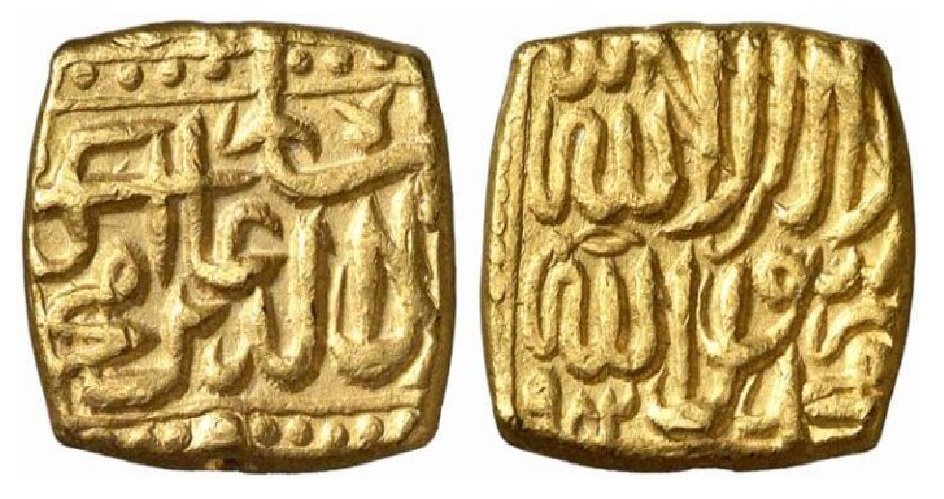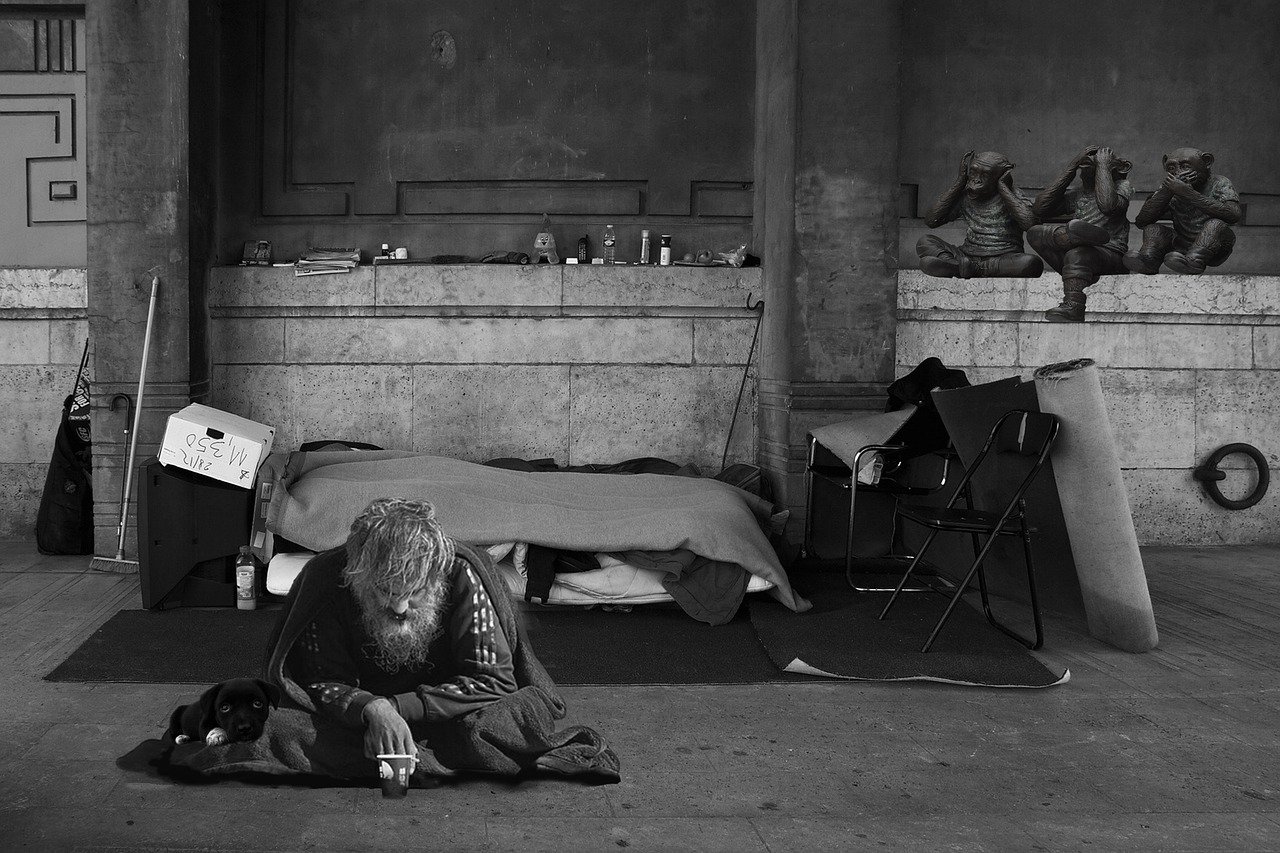The Wisdom of Birbal
Birbal was a wise minister in the court of Emperor Akbar. He was known for his wit and intelligence, and he was always able to solve even the most difficult problems.
Akbar’s brother in law was extremely jealous of him. He asked the Emperor Akbar to dispense with Birbal’s services and appoint him in his place. He gave ample assurance that he would prove to be more efficient and capable than Birbal. Akbar agreed, and Birbal resigned from his position.
The new minister was not as wise as Birbal, and he soon found himself in a difficult situation. Akbar had given him three hundred gold coins and told him to spend them in such a way that the emperor would get a hundred gold coins in this life, a hundred gold coins in the next life, and a hundred gold coins neither here nor there.
The new minister was baffled. He didn’t know what to do. He spent sleepless nights worrying about the problem; thinking in circles was making him go crazy. Eventually, on the advice of his wife he sought Birbal’s help. Birbal agreed to help the new minister, and he quickly came up with a solution. Birbal took the 300 gold coins and went to the market and bought a hundred gold coins worth of food and clothing for the poor. He then went to a rich merchant who was celebrating his son’s wedding and gave him the remaining hundred gold coins as a gift from the emperor.
The merchant was so honored by the gift that he gave Birbal a large number of expensive gifts in return. These gifts included a bag of gold coins, which were exactly the hundred gold coins that Akbar had asked for.
When he came back to town he organized a concert of music and dance. He spent the remaining 100 gold coins on it. The next day Birbal entered Emperor Akbar’s court and announced that he had done all that the Emperor had asked his brother-in-law to do. The Emperor Akbar waited to know how he had done it.
Birbal repeated the sequences of all the events and then said, “The money I gave to the merchant for the wedding of his son – you have got back while you are on this earth. The money I spent on buying food and clothing for the poor – you will get it in the other world. The money I spent on the musical concert – you will get neither here nor there.”
This is true even today. The money you spend on friends is returned or reciprocated in some form or the other. Money spent on charity gets converted into blessings from The Almighty which becomes your eternal property. Money spent on pleasures is just frittered away and in return you will be held responsible for wasting in the hereafter!
The moral of the story is that it is important to be wise with our money. We should spend it in a way that will benefit us both in this life and in the next.
What we have learned from the story:
- The story teaches us that we should be generous with our money. When we help others, we are also helping ourselves.
- The story also teaches us that we should be careful with our money. We should not spend it on things that are not important or that will not benefit us in the long run.
- The story teaches us that we should be creative with our money. There are many ways to use money to benefit ourselves and others. We should not be afraid to think outside the box.
Some specific examples of how we can apply these lessons in our own lives:
- We can be generous with our money by donating to charity, volunteering our time, or helping out a friend or family member in need.
- We can be careful with our money by budgeting our expenses, saving for the future, and avoiding impulse purchases.
- We can be creative with our money by investing in ourselves, starting a business, or donating to a cause we care about.
The story of Birbal and the three hundred gold coins is a reminder that money is a tool that can be used for good or for evil. It is up to us to decide how we will use our money. If we use it wisely, it can be a force for good in the world.










